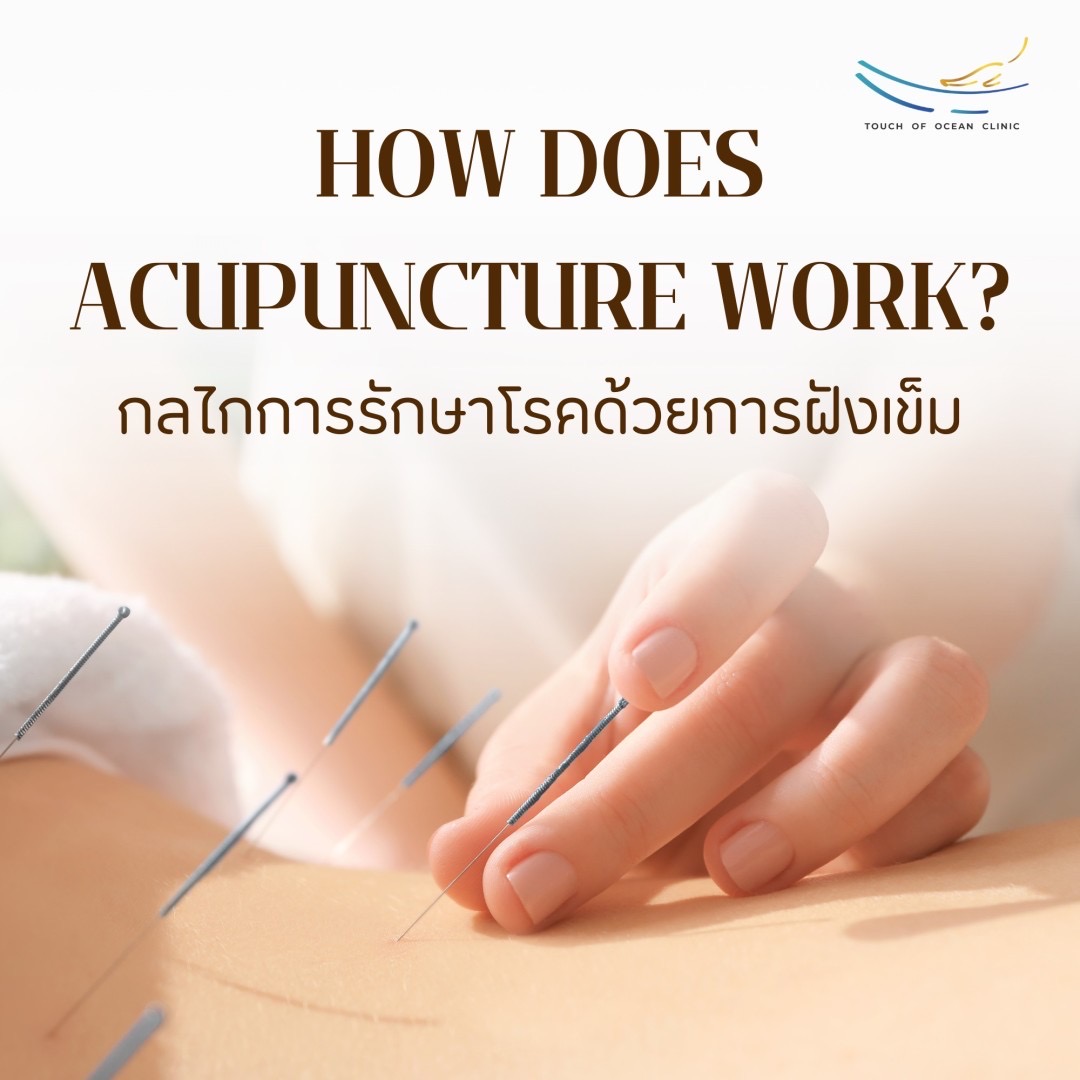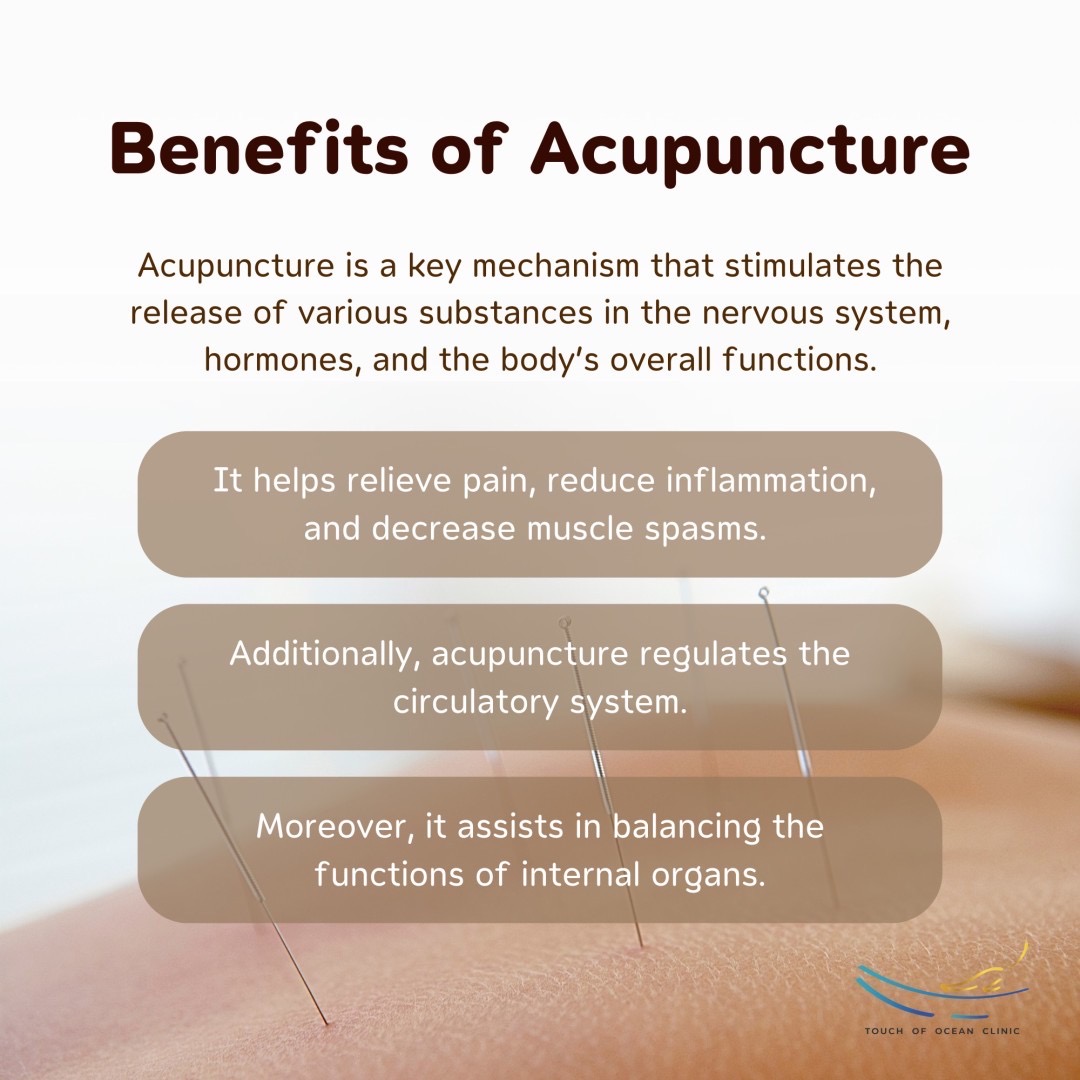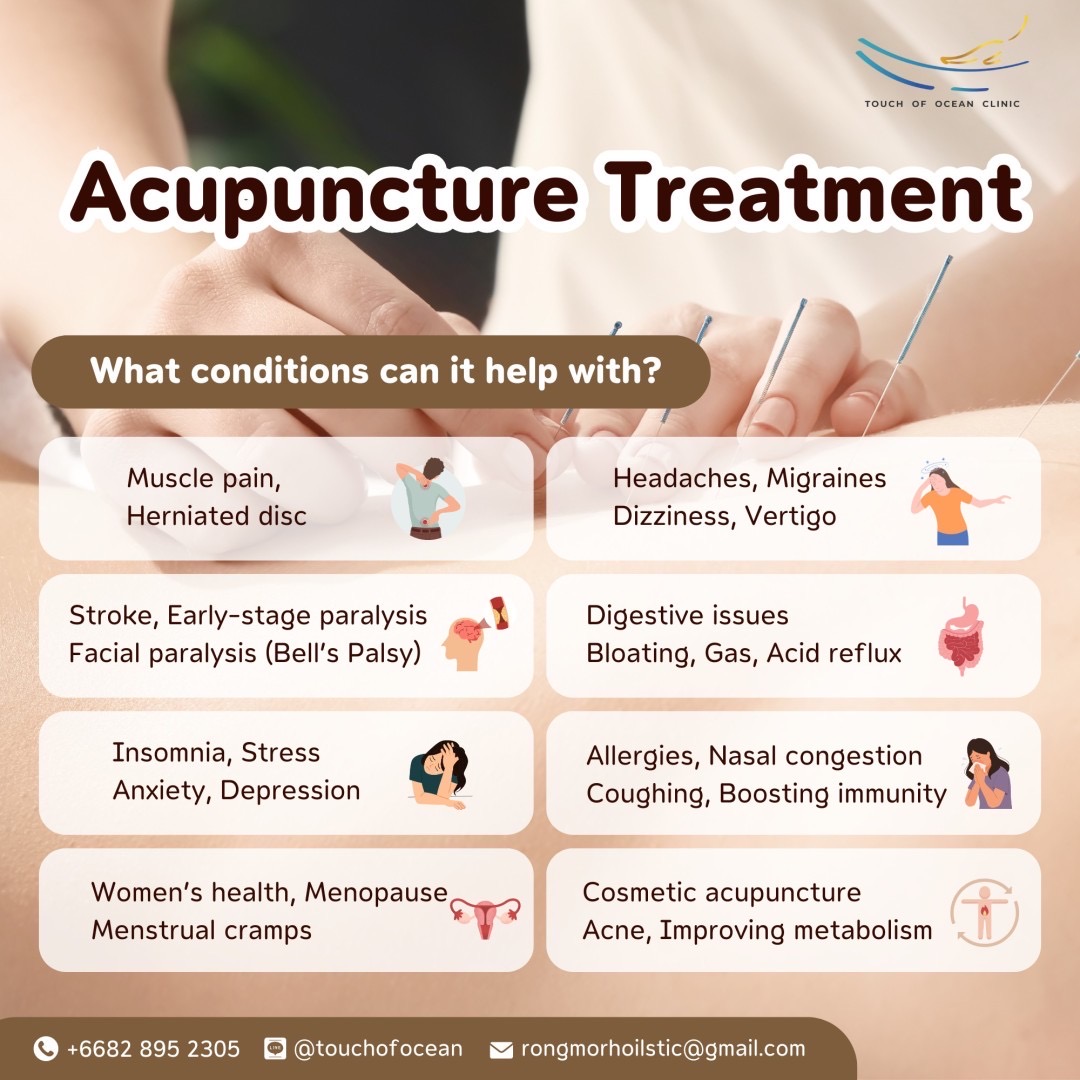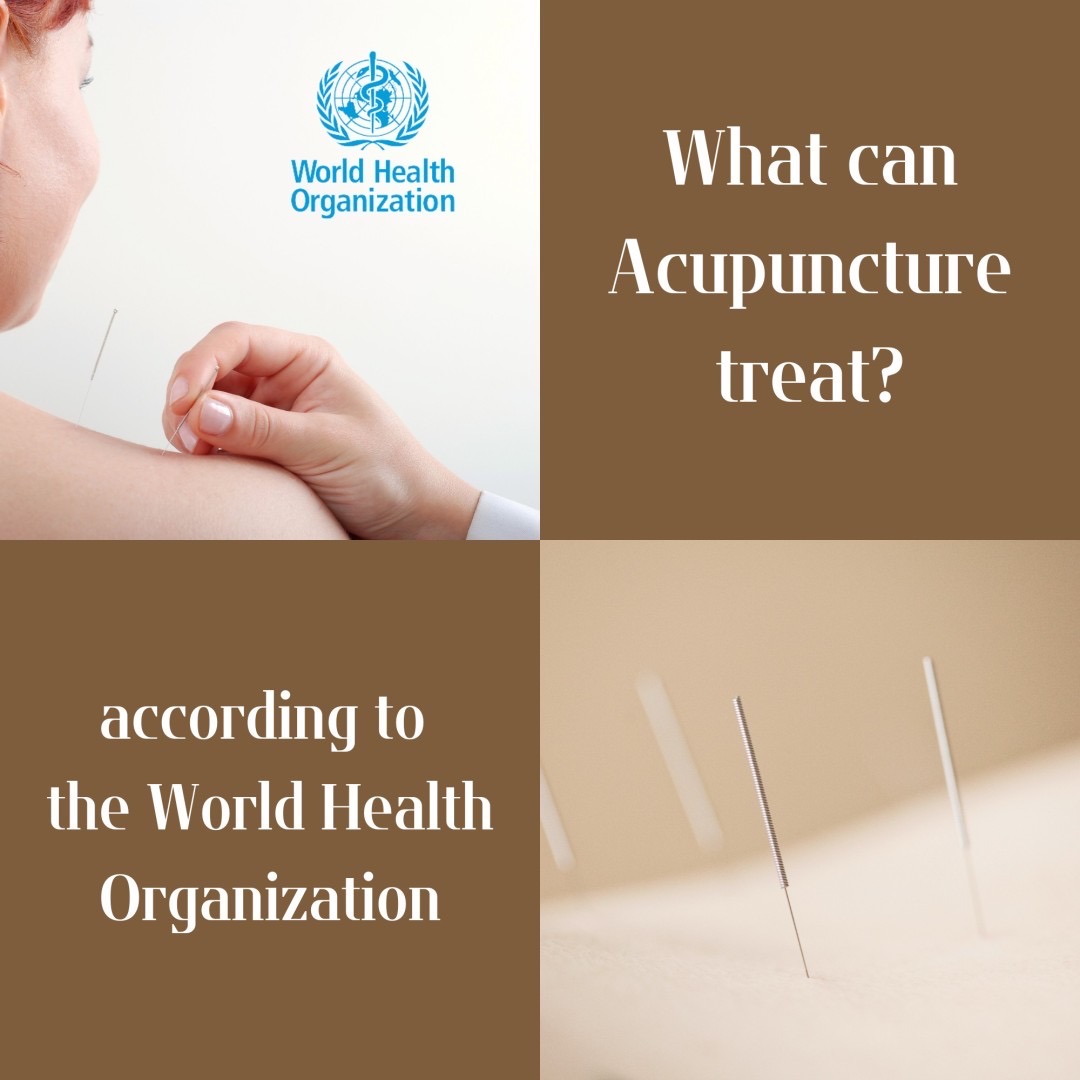
Acupressure (TCM)
Acupuncture is the insertion of very fine, filiform needles through the skin at specific points on the body
with the intention of manipulating Qi. The filiform needles are solid, as opposed to the hollow hypodermic
needles most people are familiar with, and are usually made of stainless steel, but can also be gold or
silver.
Acupuncture involves inserting needles into various points throughout the body and is most commonly
used as a form of pain relief. The areas at which the needles are inserted are referred to as meridian
points, with such treatment designed to redress any bodily imbalances by stimulating circulation.
How does Qi flow through the body?
Acupuncture is based upon the jing luo channel network theory of the circulation of Qi. Although Qi
permeates every part of the body, it tends to collect and travel along channels called "jing luo.
" These are the so-called "meridians" of acupuncture.
The jing luo channel system connects all aspects of the body together into one network of energetic
communication.
What does acupuncture feel like?
Acupuncture is done using hair-thin needles. Most people report feeling little pain as the needle is put
into certain points. Needles are only inserted to a point that causes a feeling of pressure or ache.
Needles may be heated during the treatment. Mild electric current may also be applied to the needles.
Some people say acupuncture makes them feel energized. Others say they feel relaxed.
How does acupuncture affect the body?
Acupuncture points are believed to stimulate the central nervous system. This releases chemicals into
the muscles, spinal cord, and brain. These biochemical changes may stimulate the body's natural
healing abilities. They may promote physical and emotional well-being.
Acupuncture is suitable for treating a wide range of conditions,
including:
● Chronic pain – such as back pain, arthritis, headaches, and migraines
● Fibromyalgia
● Digestive issues – including bloating, irritable bowel syndrome (IBS), and acid reflux
● Stress and anxiety – including insomnia and poor sleep quality
● Diabetes
● Hypertension
● Allergies
● Sinusitis
● Immune system disorders
● Hormonal imbalances
● Women's health – menstrual irregularities, fertility issues, and menopause symptoms
● Diseases related to the internal systems
● Stroke rehabilitation
● Patients undergoing recovery from addiction and substance abuse


